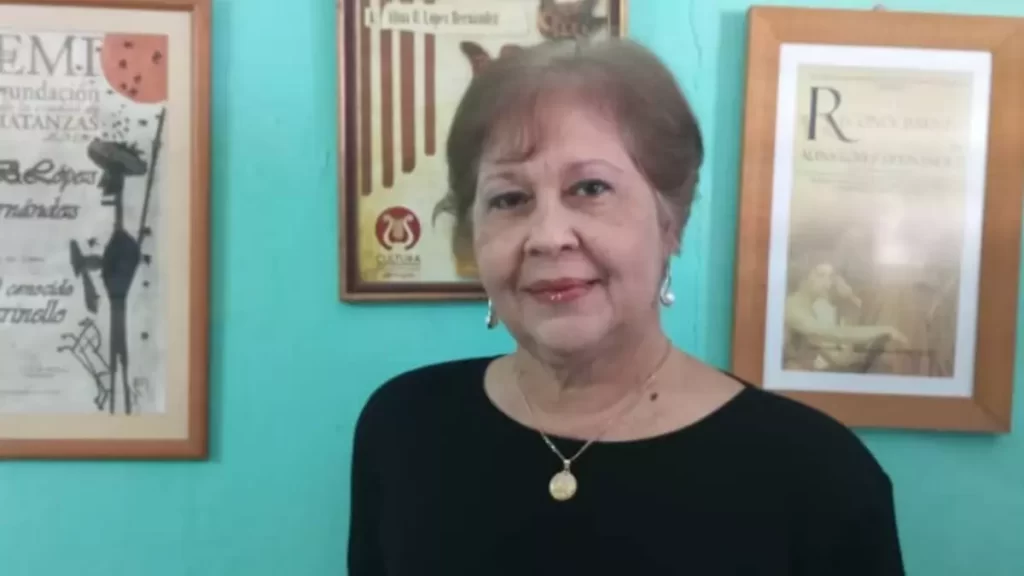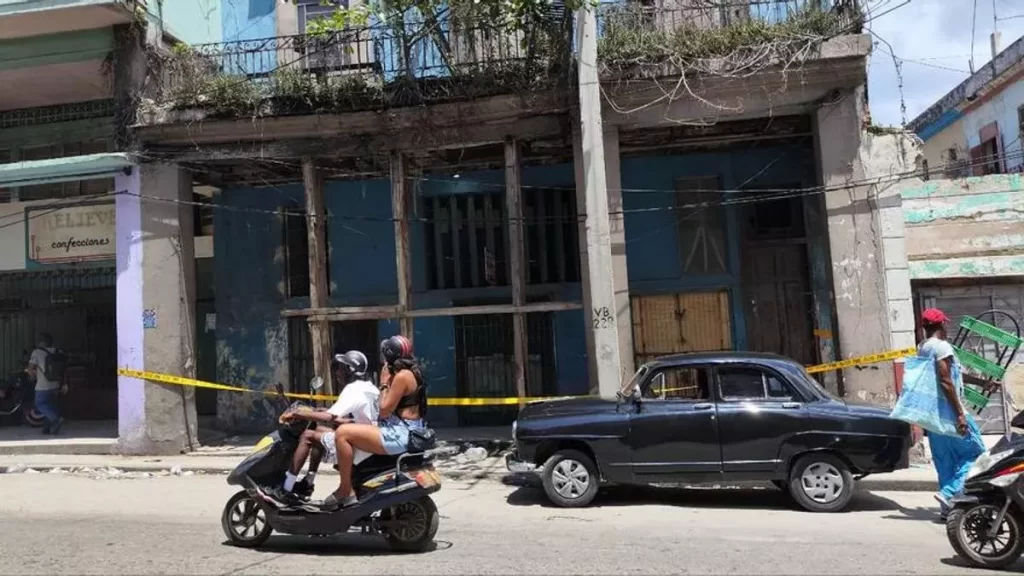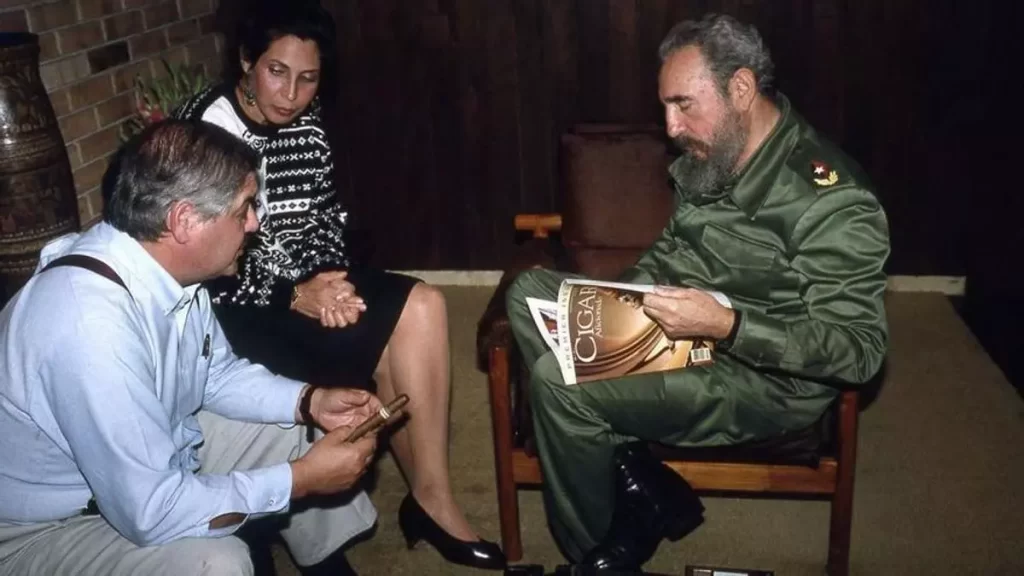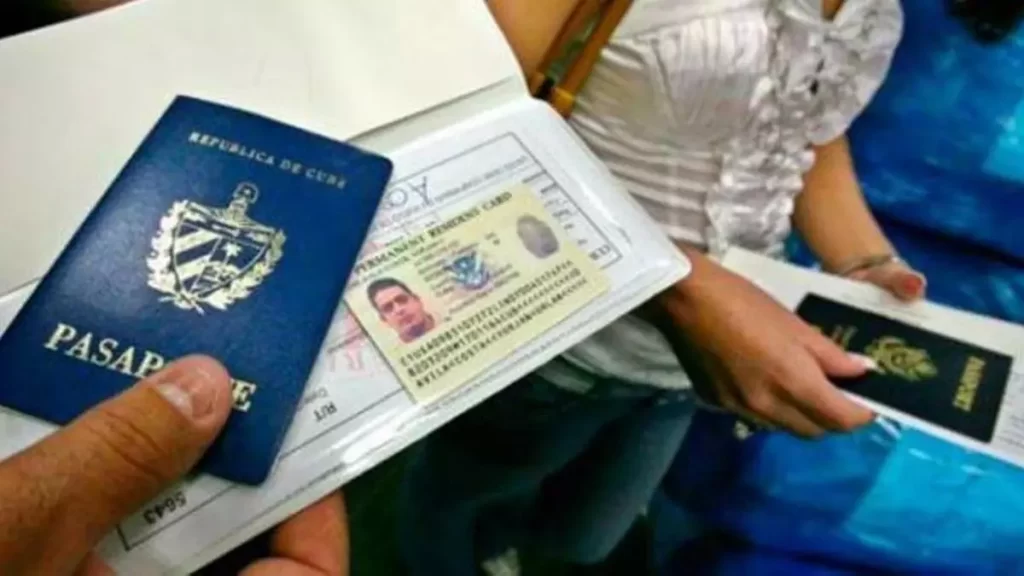To many mothers “God seems deaf” because they don’t see a way out and they become desperate
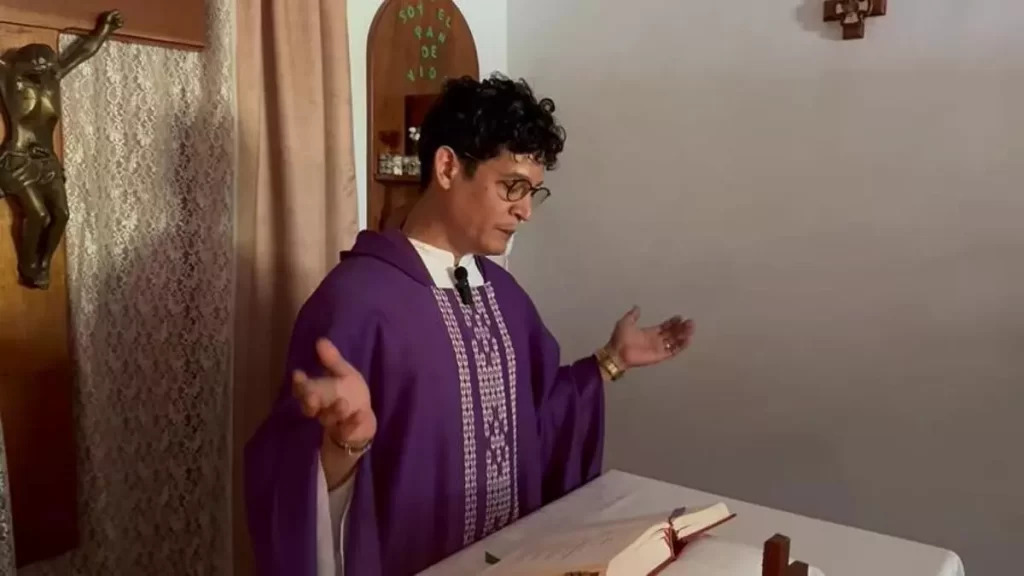
![]() 14ymedio, Havana, 16 June 2024 — Leandro Naun, a Catholic priest, ministers to a handful of rural communities in Santiago de Cuba. With the end of the month fast approaching, word is spreading that delivery of the basic monthly allotment of rationed goods is delayed. Some here worry it may never arrive. No matter. Fr. Naun hops into a gray Toyota and drives off at full speed to distribute spaghetti, flour and sugarcane juice. He has a course on how to bake bread with few limited resources, oversees a squad of children who make jam, and recommends May rainwater as a remedy for bellyaches.
14ymedio, Havana, 16 June 2024 — Leandro Naun, a Catholic priest, ministers to a handful of rural communities in Santiago de Cuba. With the end of the month fast approaching, word is spreading that delivery of the basic monthly allotment of rationed goods is delayed. Some here worry it may never arrive. No matter. Fr. Naun hops into a gray Toyota and drives off at full speed to distribute spaghetti, flour and sugarcane juice. He has a course on how to bake bread with few limited resources, oversees a squad of children who make jam, and recommends May rainwater as a remedy for bellyaches.
No one knows where he gets the energy. The money comes from former parishioners who now live overseas but who still help out. Few priests have provided such thorough accounts of what life is like in the mountains of Santiago. The videos he posts online show real, journalistic skill, not unlike that of a war correspondent. He watches, records and reflects. If it were up to him, he says, he would have spent all this time in a clearing in the Darién jungle, giving encouragement to the Cubans making their way through the undergrowth to reach the North.
Naun was born in Cobre, a mining town that is home to the shrine of Our Lady of Charity. It is an odd mix, a place where Catholicism and Afro-Cuban beliefs converge. In spite of all the tourists and pilgrims making their way to the shrine of the country’s patron saint, it remains one of the poorest places in Cuba.
“Violence will continue to increase, and in direct proportion to the frustration, powerlessness and discontent the public is experiencing”
Naun still lives in the eastern mountains, where he grew up. He is concerned about the direction the country is headed, both the entire island and the area where he lives. He describes a recent tense situation in which he encountered a burglar, a “poor man,” in his orchard. “It left me cold, petrified,” he says. “He told me,’You’re well-off and I’m not.’ He thought that, because I was in a better situation than him, he had the right to rob continue reading
The key, he says, is in understanding Cubans’ “repressed helplessness.” In some cases, frustration is expressed through violence. It can be seen in people’s expressions, in the stern looks on their faces. Violence can erupt even among neighbors and family members. One does not have to go far to find examples. Exactly one year ago, three masked men broke into his parents’ house on the outskirts of Santiago. During their getaway, they beat his mother and attacked his father with a machete.
“My father survived the attack but it almost cost him his life,” recalls Naun, who warns that violence will continue to increase, and in direct proportion to the frustration, powerlessness and discontent the public is experiencing.
“Pubic morale is at rock bottom,” he observes. “Holidays and alcoholic benders might provide a break from the suffering, like when black slaves at sugarcane mills would get one day off. ’Our master is good to us!’ they would say, dancing like there was no tomorrow. The poor have a weak memory of yesterday.”
“People almost always get their news from Facebook. Or they watch Youtube. It’s hard to separate objective fact from the subjective opinion of someone who is informing you or trying to inform you. Murders, robberies, assaults, missing persons, accidents… we see all these on the rise on social media. On the street, however, it’s a different reality, another version of life. In places without internet access it is a world as told by the official press.”
Mothers who have children in prison do not talk about it. Naun likens them to Job, the biblical character who loses everything but stifles his anguish. “God seems deaf to them,” he says, because they see no way out of their situation and they become desperate. “Why does it have to be like this?” asks the priest.
That is why he believes churches have to be places of tolerance. “Sitting in the same pew, you will find the head of the Federation of Cuban Women, the head of the Committee for the Defense of the Revolution and a mother whose son has been in prison since 11 July.” He believes the Church has the duty to speak for everyone, “like the sun that rises every morning on both the just and the unjust.”
And what about the Conference of Bishops? What is it doing and why does it seem to be paralyzed. “Only God knows what they are really doing at that level, what’s being promised… Everything else is conjecture. High-level conversations and negotiations are always secret and very few of us really know what they are talking about,” he explains. Of course, he misses the days when the Church had two interlocutors — Archbishop Pedro Meurice in Santiago and Cardinal Jaime Ortega in Havana — waging war against the regime on two fronts: one combative, the other diplomatic.
“Every day is an adventure. In my videos I try to chronicle what I am experiencing. It’s like an archive of memories of what people are going through, what they do, how they live.”
Though many priests and nuns have fled the poverty of Cuba, Naun does not criticize them for it. “Cuba is not the center of the world,” he says. After all, anyone who feels called to be a missionary, as is the case with many of Cuba’s religious, must travel. Leaving does not free you from Cuba, he explains. There is a kind of nostalgia memory chip that every emigrant carries, not to mention the family left behind, which no one can ignore.
He admires those like Sr. Nadieska Almeida and Fr. Alberto Reyes who have stayed in spite of pressure from the government and State Security. “He describes them as “voices crying out in the wilderness” — or in the darkness, as Reyes himself puts it — who have to put up with “misunderstandings by one side or the other, from one shore or the other.”
To have options is to be free,” says Naun. His option was not to leave, not even for Darién, but to stay in the mountains of Santiago. “Every day is an adventure. In my videos I try to chronicle what I am experiencing. It’s like an archive of memories of what people are going through, what they do, how they live… Every day we must improvise, change and readjust our course.”
“Everything in my work environment is unstable. Everything is as fragile and ephemeral like the grass in the field. Everything — saying, thinking, acting — is dangerous.” It is not an idyllic life but one that must be lived, Naun believes, with all the joy in the world. “There is nothing more subversive than living and being happy while others are barely surviving.”
____________
COLLABORATE WITH OUR WORK: The 14ymedio team is committed to practicing serious journalism that reflects Cuba’s reality in all its depth. Thank you for joining us on this long journey. We invite you to continue supporting us by becoming a member of 14ymedio now. Together we can continue transforming journalism in Cuba.



